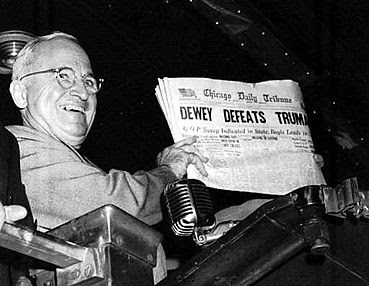Here's the answer to this week's quiz.
Iago is a soldier who fought beside his general, Othello, for some years and who became his trusted advisor. At the beginning of the play, Iago claims to have been unfairly passed over for promotion in favor of Michael Cassio. Iago plots to manipulate Othello into demoting Cassio, and thereafter to bring about the downfall of Othello himself.
The three bloggers who came up with Iago as the correct answer are naturgesetz, Raymond Pert and Black Jack’s Carol.
(For Three Word Wednesday and ABC Wednesday: "Y" is for "Year")
Each week I’ve been posting a weekly quiz here. Folks seem to like them so here’s another one, a good way to start the year.
I wrote the following scene, inspired by one of the better-known Shakespeare characters. Your assignment – should you choose to accept it – is: the scene is suggestive of which character?
“That last liberty, that’s one I’ll never forget.”
“Yeah, that was something. Took me a couple of days to recover.”
“Made me think the Service as a career isn’t really so bad after all. But Jim, you don’t really agree with that, do you?”
“Why should I agree? Fifteen years of service, battles and combat all over the world, risked my life dozens of times, and what do I wind up with? Two metal bars and a few rows of ribbons – what good are they in civvie life? “
“Come on, you got your rank. Full Lieutenant isn’t too bad a pay grade for retirement.”
“But that – that – is exactly the point. I was due for lieutenant-commander and they bring in this Hughes, a total outsider. They make him a lieut-com and he’s now the fair-haired boy as far as the Captain is concerned. That should have been my job! It was as though it had been promised to me. For all practical purposes I already had it; the skipper depended on me for just about everything!”
“Yeah, I know. I thought it was – well – unfair.”
“Unfair is the least of it. For the good of the service you want experienced officers. This Hughes guy, he doesn’t seem to have been anywhere or done anything - he spent most of his time idling - and he is now the skipper’s right-hand man!”
“You don’t seem to understand that in the military, politics often plays a more important part than experience. You see, actually, Hughes has been places and done things.”
“Yeah, like what?”
“Well, he’s been to the right schools, the right university. He comes from the right family, an important family that seems to know all the right people. And you – let’s face it – you never set foot in a universibty and not very many schools as far as that goes; you came up through the hawsepipe.”
“There was a time when a guy who came up through the hawsepipe, who started at the lowest level and worked his way through all that petty-officer crap right on up to a commission, he kept up the pace and made the very best, the most experienced officer!”
“Yeah, yeah. Listen, I’m on your side. But Hughes has got the job. It’s obvious that he’s the skipper’s choice. You should relax and just accept it. What's the point of being defiant or to keep on nagging? A few years more, you’ll make lieut-com and you can retire.”
“In the meantime I’m supposed to take orders from the likes of this – landlubber! I don’t think I can stand it!”
“Hey, I hadn’t realized how much you were upset by this. Jim, you’ve got to calm down. You’ll get yourself all worked up and maybe do something stupid to try to get revenge.”
Go on; have a go. The scene suggests which Shakespeare character?
(Submitted also to Sunday Scribblings.)
8 years ago



























































